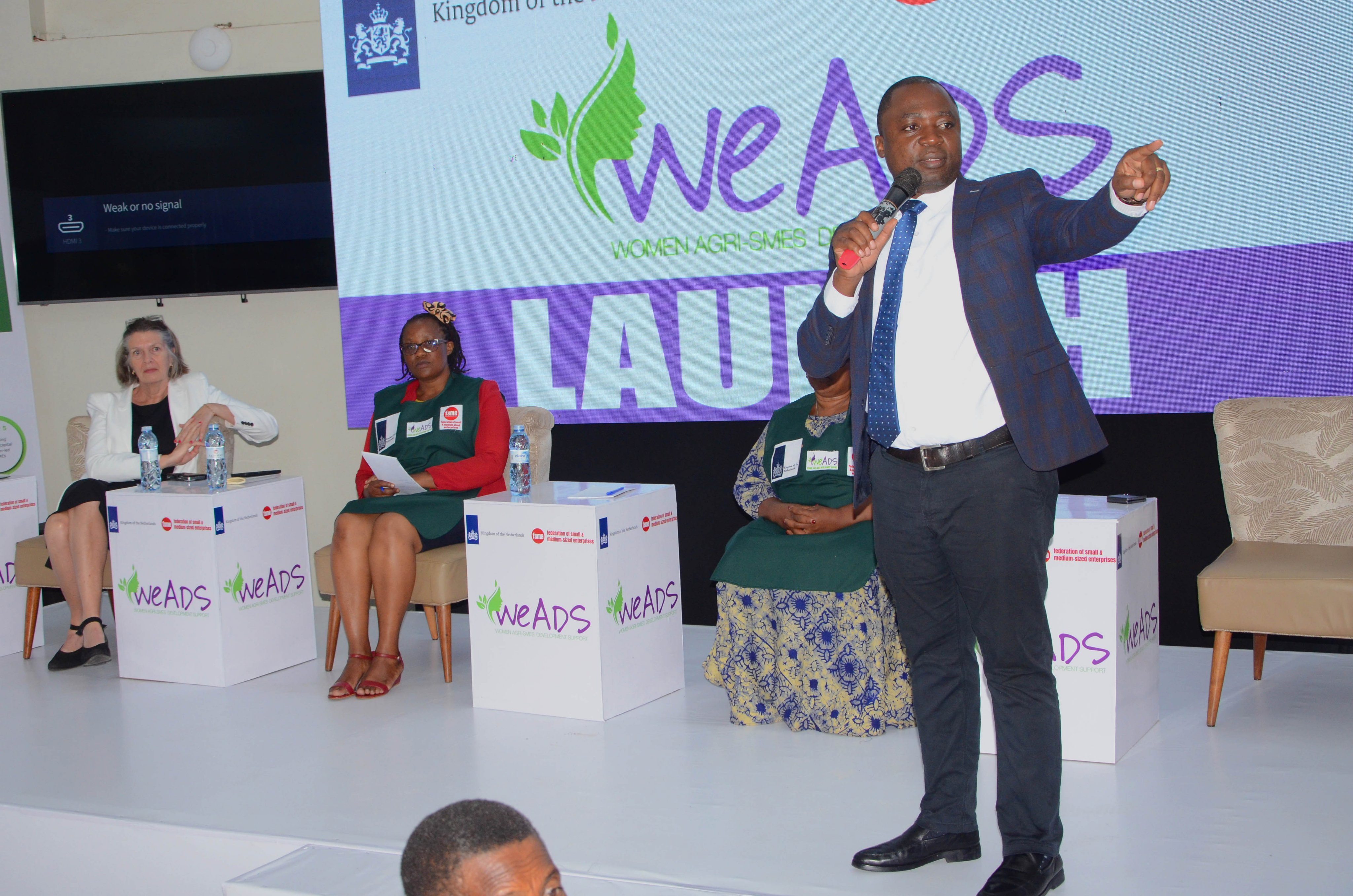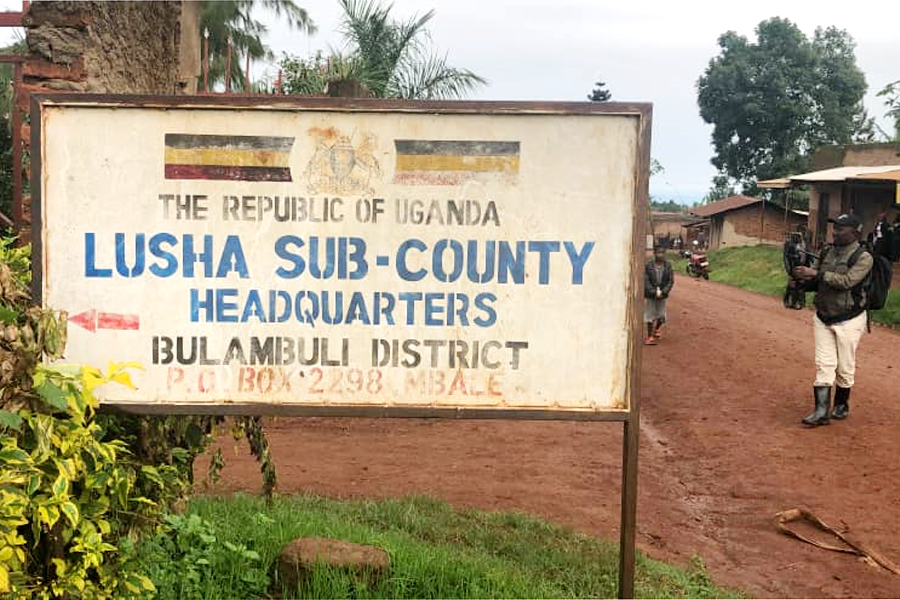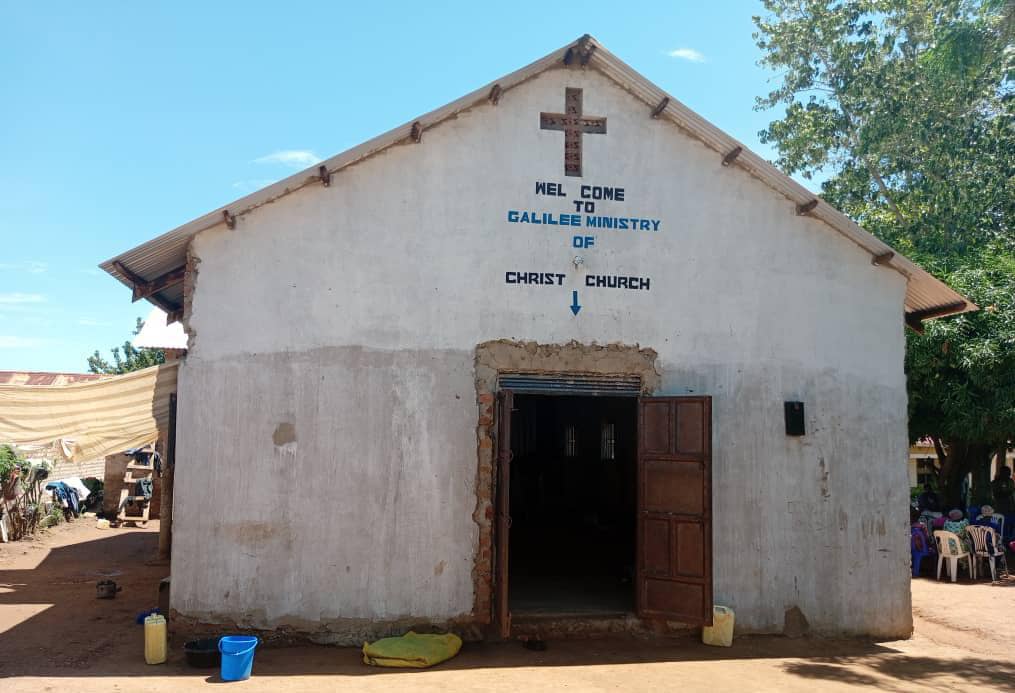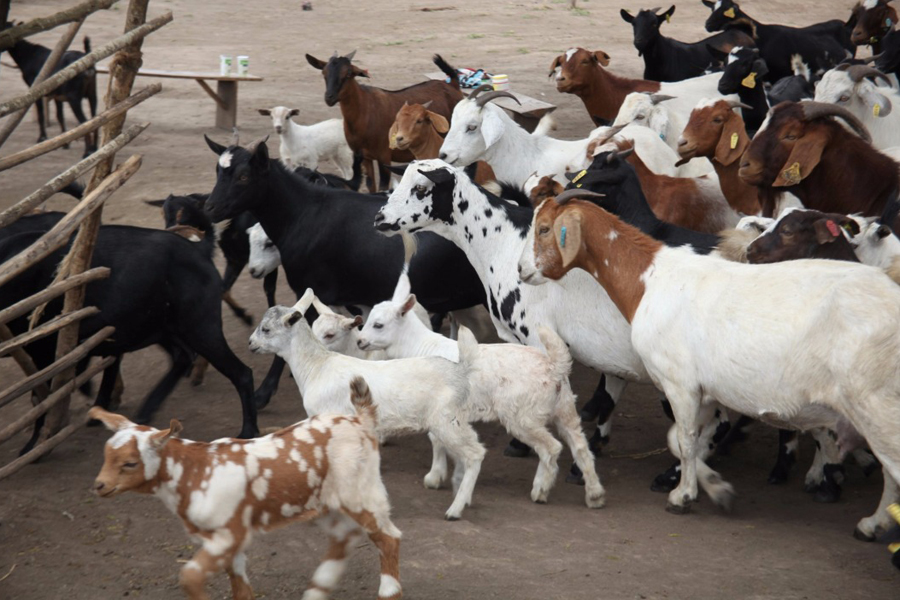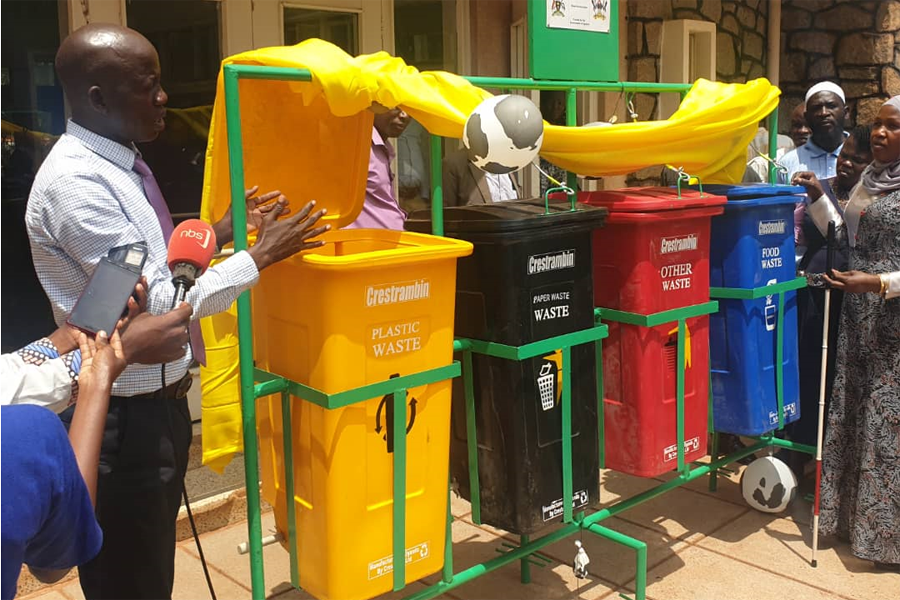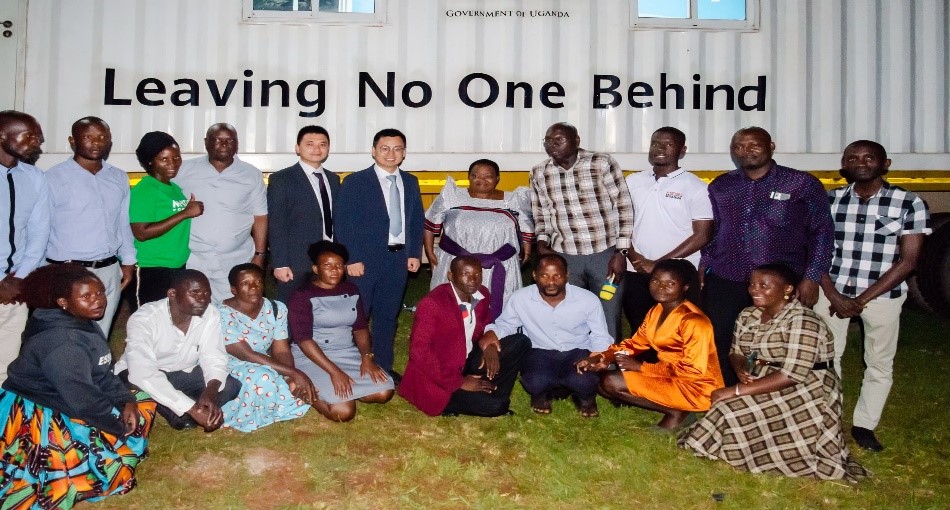South Africa takes steps to end lion farming
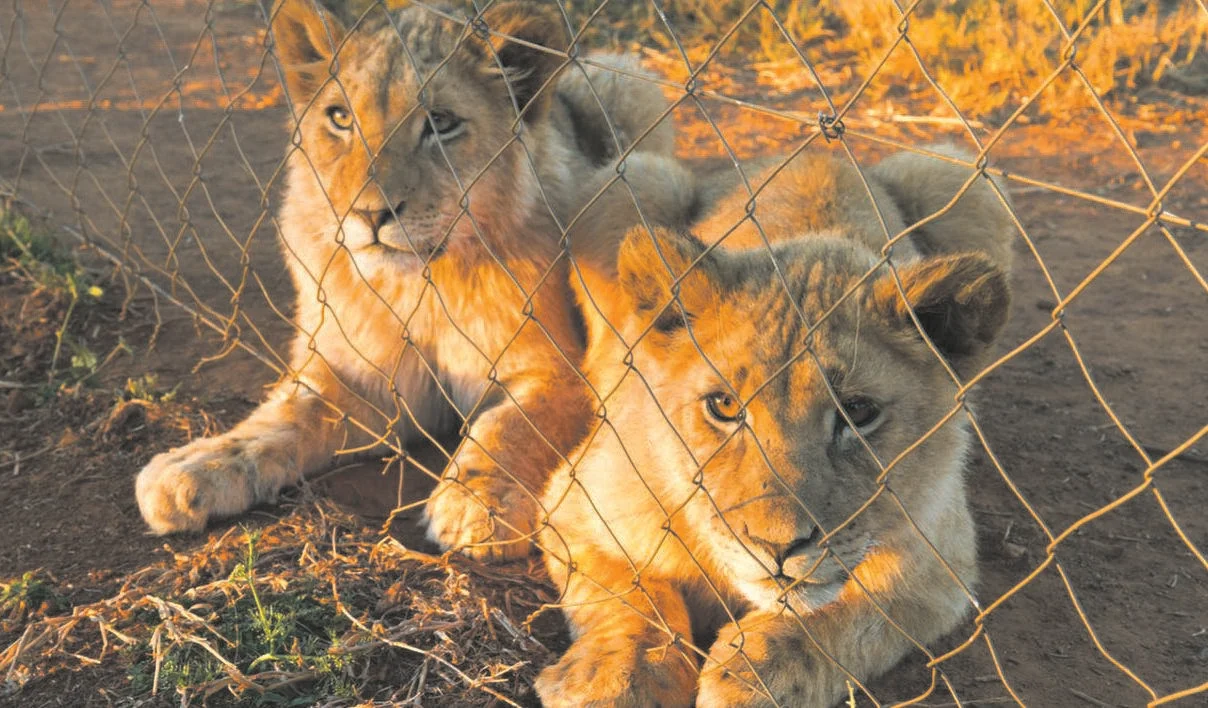
Barbara Creecy, South Africa’s Minister of Forestry, Fisheries, and the Environment, has confirmed that Cabinet has endorsed the findings and recommendations of a new Ministerial report advocating for the cessation of the commercial captive lion industry.
The report recognizes that voluntary withdrawal should serve as the initial phase towards the government's long-term goal of shutting down lion breeding facilities and halting the commercial exploitation of lions, including 'canned' hunts.
Keep Reading
Dr. Louise de Waal, Director at Blood Lions, stated, "The MTT report needed to emphasize that voluntary withdrawal should be just the beginning of a broader process, affirming the imperative for a mandatory end to the lion farming industry in South Africa."
"We must ensure that the industry understands that the only acceptable lion facilities in South Africa should be 'safe havens' - places where healthy lions receive lifelong care without being used or traded for profit, and where breeding and interaction with people are prohibited except for veterinary care."
To curb the growth of the captive lion population, the report proposes protocols for lion euthanasia, carcass disposal, sterilization, transport, and living conditions based on animal welfare criteria. It also calls for a halt to the acquisition of new lions and re-entry into the industry.
Additionally, the report outlines measures to safeguard wild lion populations, including the mass incineration of lion bone stockpiles, while dismissing the idea of reintroducing captive-bred lions into the wild due to associated risks.
Although the report recommends prohibiting the international trade in lion skeletons and live lions, it suggests a "trade-out exit" option allowing captive hunting and domestic trade during a phase-out period.
Dr. Neil D’Cruze, Head of Wildlife Research at World Animal Protection, remarked, "While the report makes significant progress by recommending the mass incineration of lion bone stockpiles, concerns persist regarding the allowance of canned hunts and domestic trade during the phase-out window."
"Without clear, time-bound objectives, lions will continue to suffer inhumane conditions, legal trade will facilitate criminal activity, and farms will pose risks to public health and safety."
The release of the MTT's report closely follows the Policy Position on the Conservation and Sustainable Use of Elephant, Lion, Leopard, and Rhinoceros, demonstrating the government's ongoing commitment to ending the commercial captive lion industry.
However, both World Animal Protection and Blood Lions advocate for firm timelines to progressively end these unethical and cruel practices.


